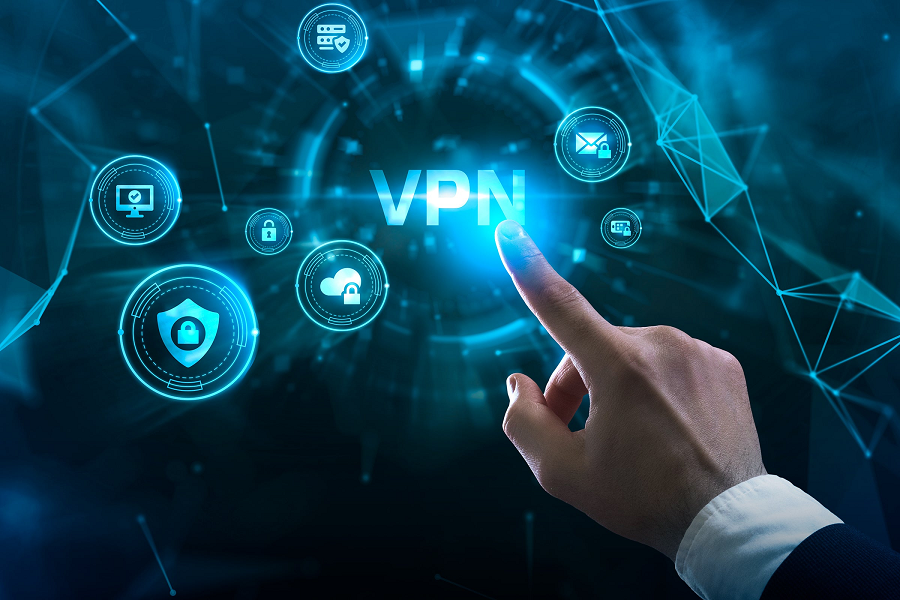In the digital age, where information is power, securing that information is of paramount importance. Network Security (ความปลอดภัยบนเครือข่าย, which is the term in Thai) is a term thrown around often, but what does it entail? From firewalls to Virtual Private Networks (VPNs), there are myriad ways to protect your data. In this ultimate guide, we’ll explore the various network security components, breaking them down into digestible bites for tech-savvy folks and those new to the field.
What is Network Security?
At its core, network security is a set of rules and configurations designed to protect the integrity, confidentiality, and accessibility of computer networks and data. It employs hardware and software technologies to safeguard your system from unauthorized access, cyberattacks, and data breaches.
Firewalls: Your First Line of Defense
Imagine your network as your home. Just as you wouldn’t let anyone walk in, firewalls act as the gatekeepers of your network. They filter out unauthorized access and malicious software, scrutinizing the data packets that attempt to pass through them. Here are some key types:
– Packet-Filtering Firewalls:
Examine packets and allow or block them based on source and destination IP addresses.
– Stateful Inspection Firewalls:
Track the operating state and characteristics of network connections traversing them.
– Proxy Firewalls:
Act as intermediaries, forwarding requests from clients.
Antivirus Software: An Essential Tool
Your firewall may be strong, but what about threats that find their way inside via a seemingly harmless email attachment? That’s where antivirus software steps in. Antivirus programs scan, identify, and neutralize threats like viruses, malware, and ransomware.
Features to Look For:
– Real-time scanning
– Automatic updates
– Email scanning
VPNs: Privacy on the Go
If firewalls and antivirus software are the locks and security cameras of your home, a VPN is the tinted windows. VPNs encrypt your data and route it through remote servers, making it virtually impossible for anyone to trace your online footsteps. This is especially useful when using unsecured networks, like public Wi-Fi in airports or coffee shops.
Benefits of VPNs:
– Enhanced Privacy
– Secure Data Transmission
– Access Restricted Content
Multi-Factor Authentication (MFA)
Remember those scenes in spy movies where access is granted only after a retinal scan or fingerprint recognition? That’s MFA in a nutshell. It requires multiple forms of verification before granting access. This adds a layer of security, reducing the chances of unauthorized access.
Types of MFA:
– Something you know (password)
– Something you have (security token or phone)
– Something you are (biometric verification)
Final Thoughts
In the ever-evolving network security landscape, staying one step ahead of potential threats is crucial. From robust firewalls to secure VPNs and multi-layered authentication methods, various tools and strategies can help you protect your digital realm. So take the time to educate yourself and invest in reliable security measures—a small price to pay for peace of mind.

